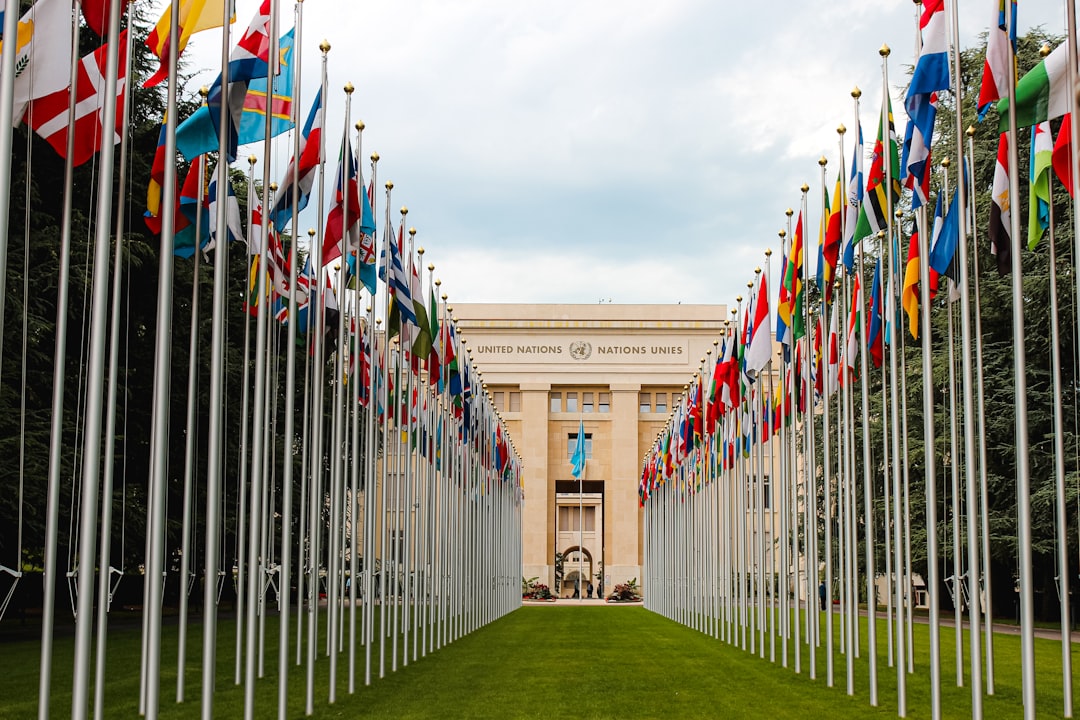Some Light Weekend Reading About Hard Balancing
My latest for Politico Magazine

The hard-working staff here at Drezner’s World apologizes for the long gap between posts. The combination of the the International Studies Association meetings, combined with some computer hardware updates, meant that for a 48-hour period I didn’t have a computer. It was… unsettling.
Blogging will resume this week. In the meanwhile, please read my latest for Politico, “Is the United States Creating a ‘Legion of Doom’?” It’s about how U.S. foreign policy is encouraging U.S. adversaries to look past their differences with each other and focus on their shared differences with the United States.
I’m not gonna lie, my favorite thing about it is the link you go to when you click “Legion of Doom”:
Part of that might also be due to the pickle that American foreign policy finds itself right now. The problem for the United States is that there is the desire to oppose China has the strongest bipartisan support — but that’s also the country where an alternative approach might be the most fruitful:
The paradox for American policymakers is that of all the countries opposing the United States, China is simultaneously the biggest threat and also the country that would be ripest for more positive outreach. By any metric, China is the only country that comes close to being a peer competitor to the United States. Opposing China is one of the few foreign policies that inspires genuinely bipartisan support. At the same time, compared to the likes of Russia, or North Korea, China is the Legion of Doom member with the greatest equities in the current international system. The primary reason China’s support of Russia has been limited to date is because Beijing benefits far more from its trade with the rest of the world than with Russia. This week’s summit between Putin and Xi should offer some clues about just how robust their partnership is growing.
Read the whole thing and you’ll see what I mean. Enjoy!

“To a man with a hammer, everything looks like a nail.”
It would seem rather difficult for the US to be the one to broker peace deals when it has spent the better part of 3 decades selling weapons or bringing war. It’s actions have also been uncertain when it has spent 75 years controlling the oil trade through Saudi Arabia and is now abandoning it? Who did they think was going to pick up the pieces? It seems the US is groping for a new Grand Strategy. Washington seems to be in a chaotic mess in whether to pursue ESG vs the military stick.
To top it off, the global Dollar also appears unstable as the Feds continue to pursue monetary contraction. I wonder if anyone ever anticipated the impact and areas for escape? There seems to be elements of the 1988 S&L crisis.
I recall from the 1990s the Alliance of Countries Under Sanctions. Any country that demonstrates that some type of third way economics can work well gets squeezed - then when it threatens to switch from dollars to euros it gets bombed to smithereeens.